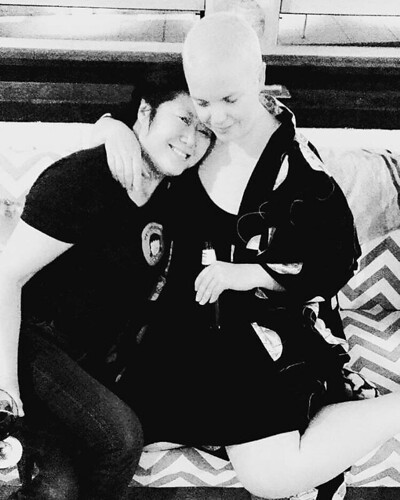Women’s conditions have improved as Chinese society moves along the way of modernization, albeit in an indifferent way. Their marriage with men is still dominated by gendered functions and beliefs, despite the fact that education advancements have created more possibilities. As a result, their social standing is lower than that of men, and their lifestyles are nonetheless significantly impacted by the role of the family and the home.
These myths, along with the notion that Asian ladies are sexual and biologically rebellious, have a long background. According to Melissa May Borja, an assistant professor at the university of Michigan, the notion may have some roots in the fact that many of the second Asian refugees to the United States were from China. ” White males https://asiansbrides.com/chinese-brides/ perceived those people as a threat.”
Additionally, the American public only had a single impression of Asians thanks to the Us military’s appearance in Asia in the 1800s. These concepts received support from the press. These prejudices continue to be a dangerous combination when combined with decades of racism and racial stereotyping. It’s an unpleasant concoction of all those factors that come together to give rise to the idea of a persistent stereotype, according to Borja.
For instance, Gavin Gordon played Megan Davis as an” Exotic” who seduces and beguiles her American missionary husband in the 1940s movie The Bitter Drink of General Yen. A new Atlanta show looked at the persistent stereotypes of Chinese people in movies because this picture has persisted.
Chinese ladies who are work-oriented may enjoy a high level of independence and freedom outside of the apartment, but they are still subject to discrimination at work and in other social settings. They are subject to a triple common at work, where they are frequently seen as certainly working hard enough and not caring about their look, while male colleagues are held to higher standards. Additionally, they are frequently accused of having multiple matters or even leaving their caregivers, which contributes to negative stereotypes about their family’s values and roles.

According to Rachel Kuo, a racial expert and co-founder of the Asian American Feminist Collective, legal and political behavior throughout the country’s background have shaped this complex internet of preconceptions. The Page Act of 1875, which was intended to limit prostitution and forced work but was genuinely used to stop Chinese women from entering the United States, is one of the earliest instances.
We wanted to compare how Chinese people who are family- and work-oriented responded to examinations based on the conventionally good myth of virtue. We carried out two investigations to accomplish this. Participants in test 1 answered a questionnaire about their emphasis on job and community. Then, they were randomly assigned to either a control situation, an individual good myth evaluation conditions, or the group negative myth assessment condition. Therefore, after reading a picture, participants were asked to assess sexy targets. We discovered that the adult category leader’s liking was severely predicted when evaluated constructively based on the positive stereotype. Family part perceptions, family/work primacy, and a sense of fairness, which differ between job- and family-oriented Chinese women, mediated this effect.
